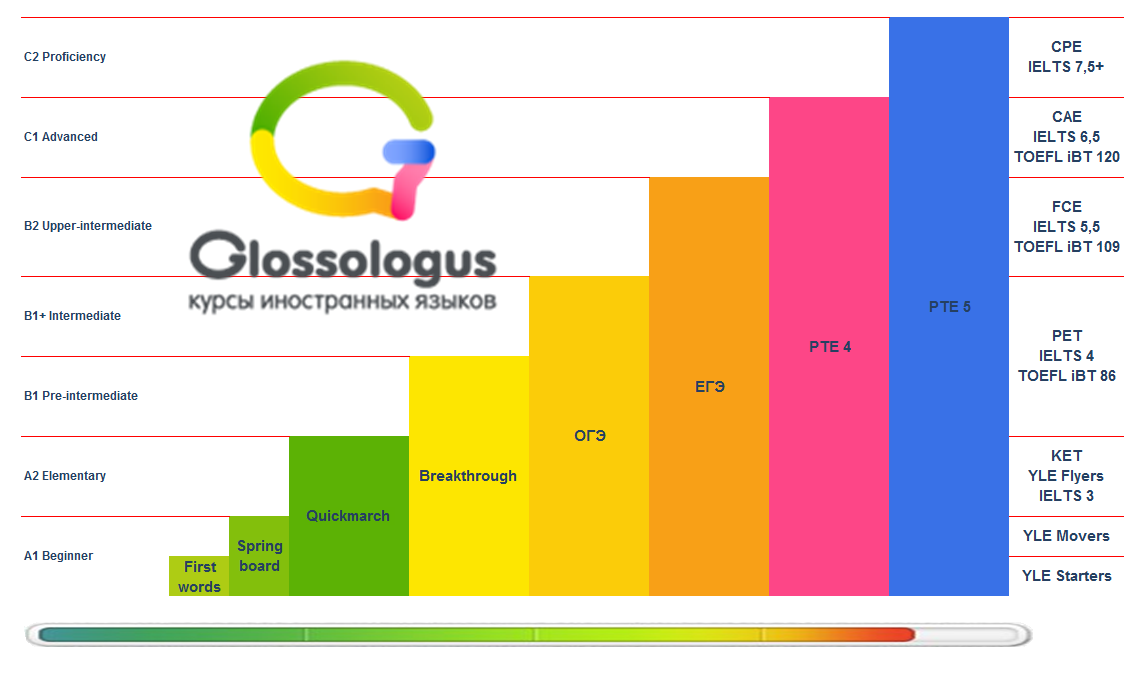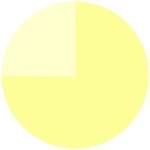Изучение английского языка для детей
Это уже более содержательный курс английского языка, чем предыдущие уровни. Дети уже читают довольно таки объёмные тексты.


План занятий курса английского языка:
| Vocabulary | Grammar | |
| Starter: Back together! |
Revision: free-time activities, food words, alphabetical order Core: telling the time |
like + verb + ing can for permission / requests Countable and uncountable nouns a / an / some be going to + verb Comparative and superlative adjectives |
| Unit 1. The food here is great! |
The restaurant Core: waiter, waitress, uniform, menu, customer, bottle of water, cup of coffee, glass of milk, bowl of soup, plate of salad Words in context: breakfast time beans, olive oil, toast, noodles, coconut, chilli, corn, pancake |
Present simple and present continuous They usually wear blue uniforms. They’re wearing white today. Time markers: present simple and continuous always / usually / sometimes / rarely / never now / right now / today / at the moment |
| Unit 2. We had a concert |
The concert Core: concert, drums, instruments, violin, audience, recorder, cheer, stage, programme, trumpet Words in context: ‘Festival day’ cymbals, sparkle, tap your feet, ground, rhythm, thunder, cheeks, wings |
Past simple: have and be We had a concert at our house. All our friends were there. Past simple: regular verbs The audience clapped and cheered. Time markers: past simple yesterday / last week / last year / two days ago |
| Unit 3. The dinosaur museum |
The dinosaur museum Core: dinosaur, museum, model, skeleton, scary, scream, roar, alive, dead, robot Words in context: dinosaur data Earth, scientist, pattern, skin, disappear, rock, asteroid, fall (fell) |
Past simple: irregular verbs with negatives We didn’t go to school. Past simple: irregular verbs with questions Did they go to a museum? What did you see? |
| Unit 4. Whose jacket is this? |
Sports time Core: team, jacket, trainers, trophy, player, kick, score a goal, racket, rucksack, win (won) Words in context: basketball bounce, invent, balcony, court, point, throw, ladder, hole |
Possessive pronouns Whose jacket is it? It’s mine / yours / his / hers / its / theirs /ours Adverbs: + ly and irregular He ran slowly. They played well. |
| Unit 5. Go back to the roundabout |
Directions Core: read a map, turn left, go back, traffic light, hurry, roundabout, get lost, turn right, go straight on, petrol station Words in context: shadow puppets shadow, puppet, popular, event, stick, screen, voice, lift up |
have to / had to We have to go back to the roundabout. Giving directions Go straight on at the roundabout. why / because Why are we at this petrol station? Because we’re lost |
| Unit 6. The best bed! |
Describing words Core: break, repair, comfortable, hard, soft, expensive, cheap, wooden, metal, modern Words in context: a fable, ‘The Ant and the Grasshopper’ enormous, prepare, worry, thick, dig, share, generous, lazy |
Comparatives and superlatives: long adjectives My bed is more comfortable than this one. Irregular comparatives and superlatives better than / worse than the best / the worst |
| Unit 7. Will it really happen? |
In space Core: the future, travel, satellite, the moon, the sun, planets, rocket, astronaut, star, spaceship Words in context: life in 100 years’ time housework, feelings, illness, crowded, road, storm, extinct |
The future with will People will / won’t travel in super-fast planes. Time markers: the future on Monday / next week / in a month’s time / this evening / soon / later |
| Unit 8. How much time have we got? |
At the airport Core: money, passenger, arrivals, departures, luggage, passport, suitcase, magazine, newspaper, coin Words in context: my holiday unusual, journey, fall asleep, whistle, hotel, disappointed, fireworks, fair |
Expressing quantity How much time have we got? / I’ve got lots of pencils. / I haven’t got many pencils. some / any Have you got any newspapers? We’ve got some pencils, but we haven’t got any pens. |
| Unit 9. Something new to watch! |
Audio-visual entertainment Core: cartoon, radio, camcorder, the news, documentary, channel, advert, remote control, TV programme, mobile phone Words in context: TV programmes factory, poor, ticket, lucky, kick-off, championship, stadium, play a trick on |
Infinitive of purpose I switched on the TV to watch sports. We went in the boat to see the dolphins. How often … ? How often do you watch TV? I watch TV once / twice a week. |
| Unit 10. I’ve printed my homework |
Computers Core: printer, screen, mouse, log on, speakers, click on, save a document, memory stick, search the Internet Words in context: sending emails type the address, subject, keyboard, spell checker, attach a photo, a website, send a message |
Present perfect: affirmative He’s put the books on the shelves. Present perfect: questions, answers and negatives Have you seen my new speakers? Yes, I have. / No, she hasn’t. She hasn’t printed the document. |
| Unit 11. Have you ever been…? |
Places Core: town, ocean, volcano, village, oasis, rainforest, capital city, desert, island, cave Words in context: ‘The Amazing Escape’ explorer, melt, frozen, sink (sank), lifeboat, survive, storm, wave, rescue |
Present perfect: ever Have you ever been to space? Yes, I have. / No, I haven’t. Present perfect: never She’s never been to an oasis. We’ve never fallen in the mountains |
| Unit 12. What’s the matter? |
Illness Core: a headache, feel sick, feel dizzy, a cold, a cough, an earache, a stomach ache, a sore throat, take medicine Words in context: how to stay healthy healthy, fit, energy, crisps, sugar, cabbage, calcium, sardine |
should / shouldn’t You should drink some water. You shouldn’t eat lots of cakes. could / couldn’t Max couldn’t eat dinner, but he could eat lots of cakes. |
| Unit 13. Can you help me? |
Making smoothies Core: smoothie, milk, fridge, pour, blender, strawberry, chop, lid, mango, peel Words in context: child heroes hero, classmates, earthquake, collapse, carry, ceremony, bubble, prize |
Object pronouns me / you / him / her / it / us / them Relative pronouns This is the boy who didn’t put the lid on. This is the smoothie which was in the blender |
| Unit 14. We were fishing |
Family Core: mother-in-law, father-in-law, wife, husband, son, daughter, niece, nephew Words in context: ‘My relatives are coming!’ relatives, toddler, normal, cute, squeeze, queue, stay in touch, miss someone |
Past continuous What were you doing? I was looking at photos. Dates and I was born … My mum was born in 1981. She was born on 9th July. |
| Unit 15. Good news, bad news |
Jobs Core: boss, office, builder, vet, journalist, secretary, dentist, receptionist, mechanic, author Words in context: ‘Three wishes’ fisherman, speak (spoke), silly, surprised, sausage, delicious, wish for, pull |
Past simple and past continuous When I was working, the phone rang. They were smiling when I went in. Grammar homophones: there / they’re / their There is some good news. / They’re very happy. / They will be with their cousins. |




